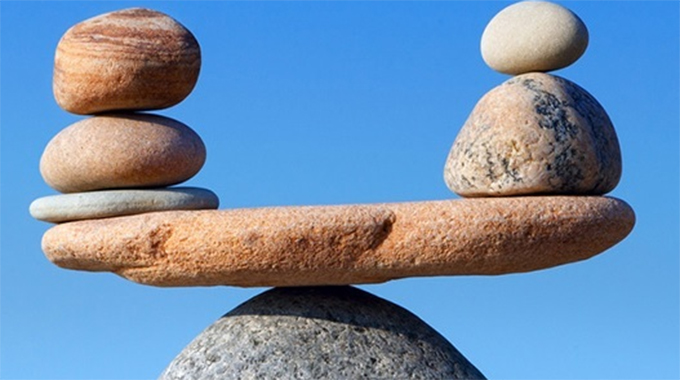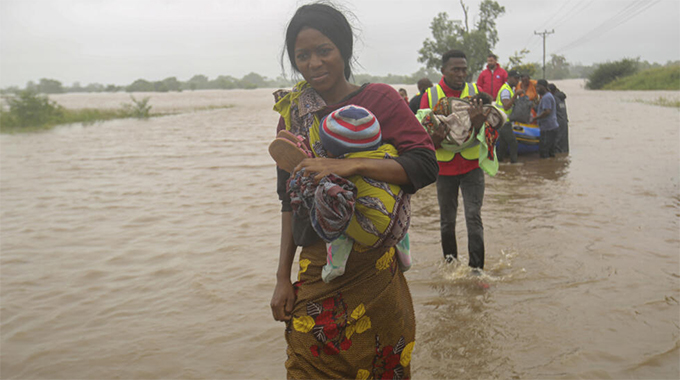A just and peaceful social order

Flora Teckie-A Baha’i Perspective
As we mark the World Day of Social Justice on February 20 it is opportune to reflect on the requirements for achieving global social justice.
Social justice implies the right of everyone to live in dignity in a peaceful, and harmonious world. And to be just implies that everyone, from whatever background they may be, is treated equally and with dignity.
Bahá’u’lláh, the founder of the Bahá’í Faith states: “No light can compare with the light of justice. The establishment of order in the world and the tranquillity of the nations depend upon it”.
Global social justice cannot be attained unless complete freedom from prejudices of race, class, gender, creed or colour is universally realised.
To have a peaceful social order, there is need to observe justice individually and in our social structures.
At an individual level, justice calls for fair-mindedness in our judgments; for equity in our treatment of others; and application of justice every day, in everything we do and towards all our fellow human beings.
At the group level, a concern for justice is crucial in collective decision-making, because it is the only means through which we can achieve unity of thought and action.
“The emergence of a peaceful and just social order animated by moral principle”, in the Bahá’í view, “is contingent upon a fundamental redefinition of all human relationships — among individuals themselves, between human society and the natural world, between the individual and the community, between individual citizens and their governing institutions”.
Furthermore, “experience has shown that progress for all is not attainable if material advancement is divorced from spiritual and ethical advancement”, says the Baháí International Community, and that “Only by ensuring that material progress is consciously connected to spiritual and social progress can the promise of a better world be fulfilled”.
Need to consider the well-being of everyone in our planet
— Justice must be applied internationally and towards everyone not only locally or nationally if unity of humanity is to become a reality.
Only when everyone in society can trust that they are treated with fairness and justice, then qualities such as honesty, affinity for hard work, and a spirit of co-operation can be harnessed and used for the accomplishment of collective goals.
Justice is much more than only punishing the wrongdoers.
According to a statement of the Baháí International Community entitled ‘The Prosperity of Humankind’, justice is “the practical expression of awareness that, in the achievement of human progress, the interests of the individual and those of society are inextricably linked … Concern for justice protects the task of defining progress from the temptation to sacrifice the well-being of the generality of humankind — and even of the planet itself — to the advantages which technological breakthroughs can make available to privileged minorities”.
Concern for justice, according to the Baháí international community, is very important in how we build our communities, as, “in design and planning, it ensures that limited resources are not diverted to the pursuit of projects extraneous to a community’s essential social or economic priorities.
Above all, only development programmes that are perceived as meeting their needs and as being just and equitable in objective can hope to engage the commitment of the masses of humanity, upon whom implementation depends”.
The close link between social justice and unity of humanity
Unity and justice are reciprocal in their effect. The chief instrument for the transformation of society and the achievement of world unity and global peace, Bahálláh asserts, is the establishment of justice in the affairs of humanity. “The light of men is Justice”, he states,
“The purpose of justice is the appearance of unity among men”.
A unity, which embraces and honours diversity, is the basis for creating a peaceful and just social order. It is not by suppression of differences that we will arrive at unity, but rather, by an increased awareness of, and respect for, the values of each culture, and indeed of each individual.
Justice is the quality that enables us to distinguish truth from falsehood
In the sight of God, Bahá’u’lláh says, justice is “the best beloved of all things”; since it permits each one of us to see with our own eyes rather than the eyes of others, to know through our own knowledge rather than the knowledge of our neighbour or our group (race, religion, nation or ethnic group).
To investigate the truth of matters individually, to see with our own eyes rather than the eyes of others, to know through our own knowledge rather than the knowledge of our neighbour, will lead to unity, because as the Bahá’í Writings state: “Truth is one when it is independently investigated, it does not accept division. Therefore, the independent investigation of truth will lead to the oneness of the world of humanity”.
The acceptance of the oneness of humanity is the pre-requisite for building of a just and a peaceful global social order.
Feedback: [email protected] or [email protected]
Website: www.bahai.org








Comments